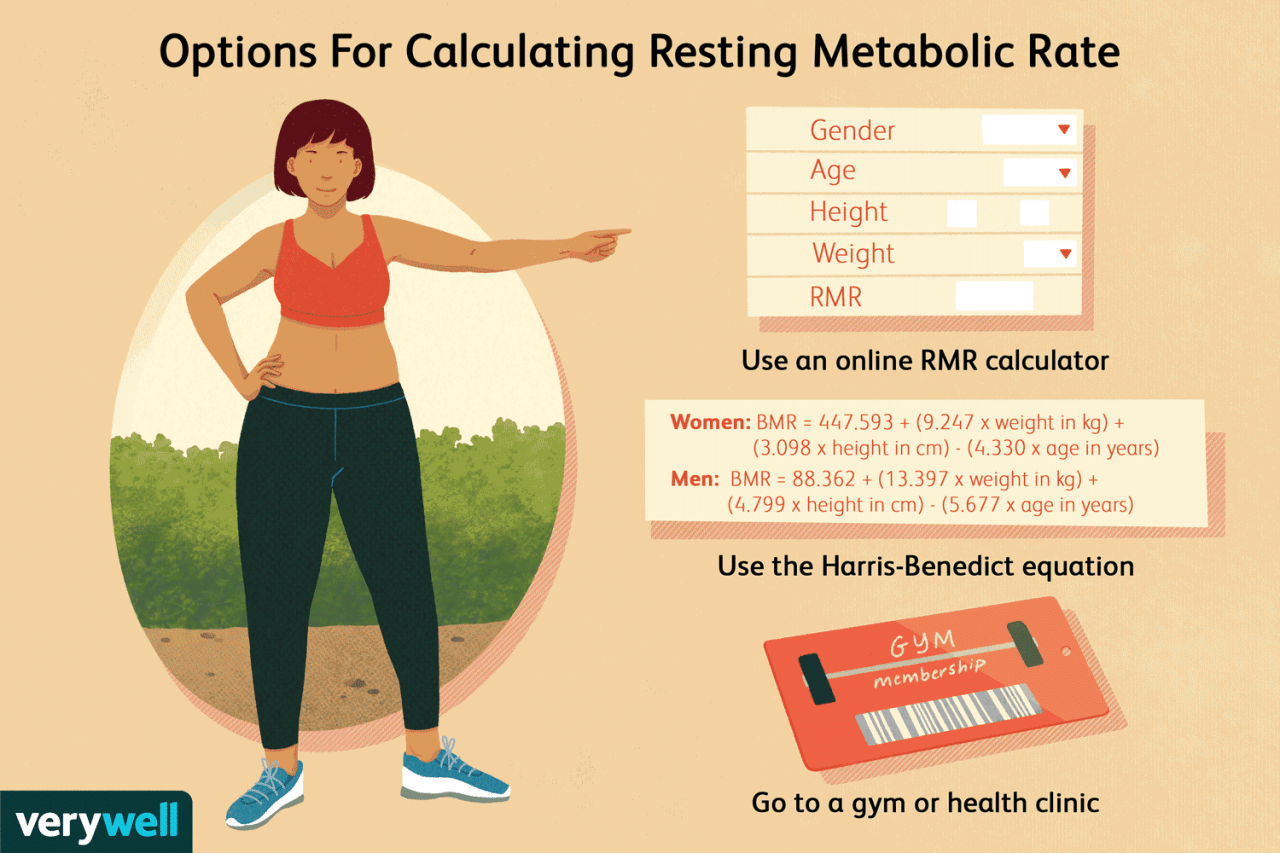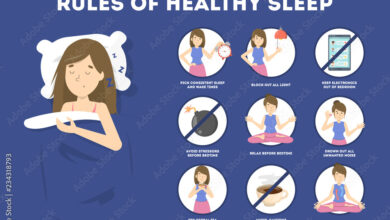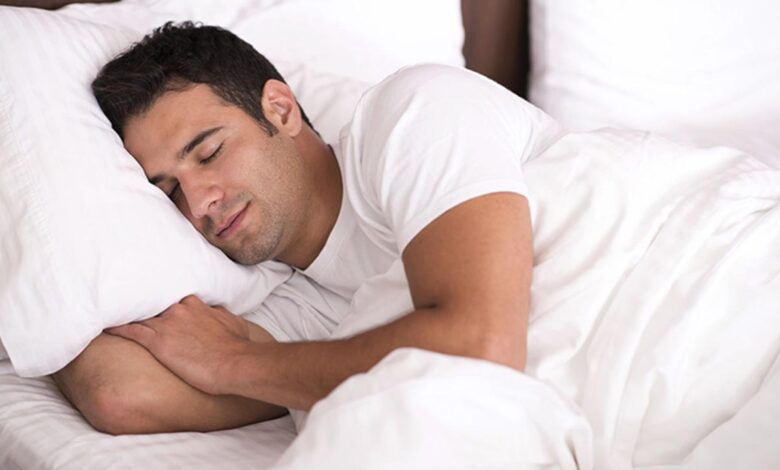
Must Dos for Your Best Sleep Ever
Must Dos for Your Best Sleep Ever: We all crave that feeling of waking up refreshed and energized, but achieving truly restful sleep can feel like an elusive dream. The good news is that improving your sleep quality is often within your control.
With a few strategic adjustments to your daily habits and environment, you can unlock the potential for better sleep and wake up feeling your best.
From creating a calming bedtime routine to optimizing your sleep environment, this guide will walk you through the must-dos for achieving your best sleep ever. Whether you struggle with insomnia, wake up feeling groggy, or simply want to maximize your sleep quality, these tips can help you reclaim your nights and wake up feeling refreshed and ready to tackle the day.
Understand Common Sleep Disorders: Must Dos For Your Best Sleep Ever
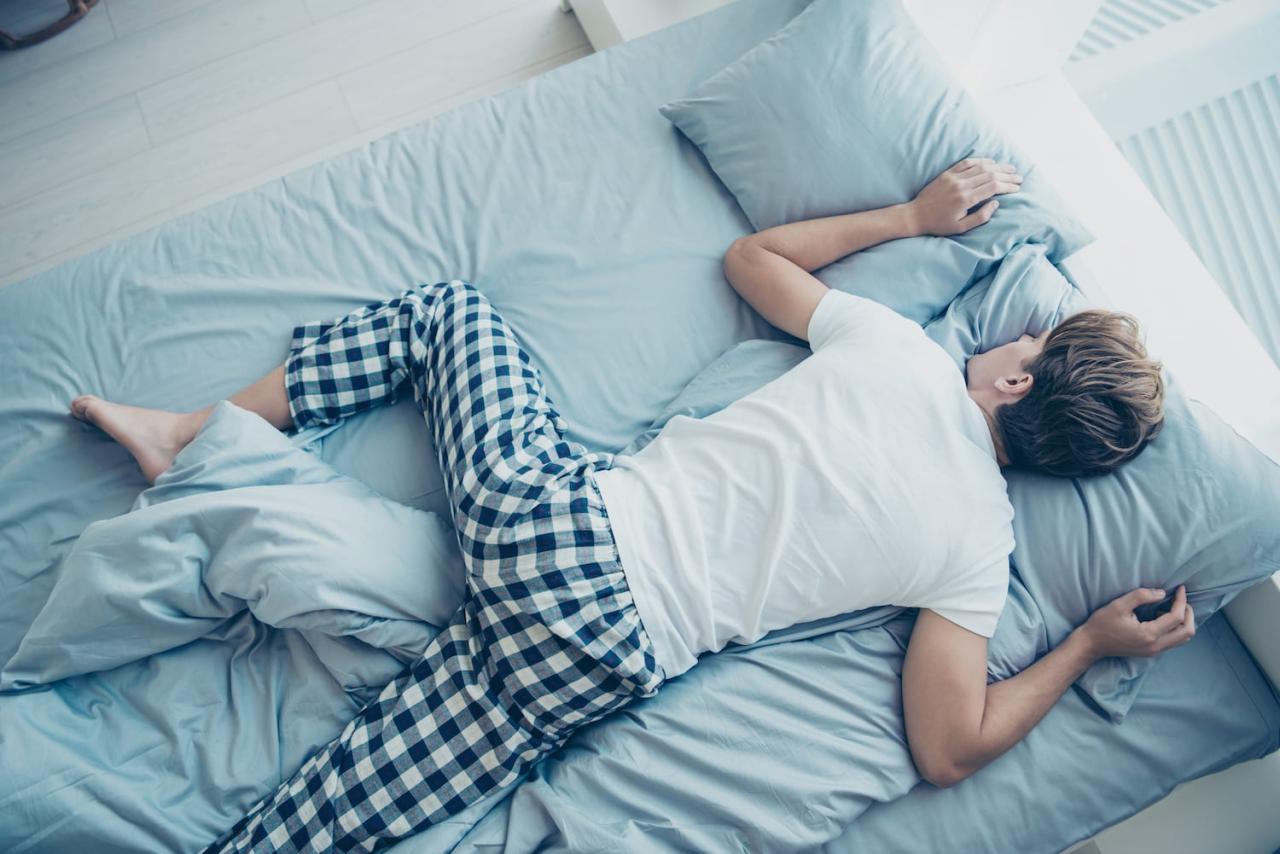
Sleep disorders are common, affecting millions of people worldwide. They can significantly impact your quality of life, making it difficult to function during the day. Understanding different sleep disorders, their symptoms, and treatment options is crucial for getting the restful sleep you need.
Insomnia
Insomnia is a sleep disorder characterized by difficulty falling asleep, staying asleep, or both. It can be a short-term problem, lasting a few days or weeks, or a long-term problem, lasting months or years. People with insomnia may experience:
- Difficulty falling asleep
- Waking up frequently during the night
- Waking up too early in the morning
- Feeling tired and groggy during the day
- Difficulty concentrating
- Irritability
- Anxiety
- Depression
Insomnia can be caused by various factors, including stress, anxiety, depression, medical conditions, medications, and lifestyle habits. Treatment for insomnia typically involves a combination of behavioral therapy, medication, and lifestyle changes.
Sleep Apnea
Sleep apnea is a sleep disorder characterized by pauses in breathing during sleep. These pauses can last from a few seconds to a minute or longer, and they can occur many times throughout the night. People with sleep apnea may experience:
- Loud snoring
- Gasping for air during sleep
- Waking up frequently during the night
- Morning headaches
- Excessive daytime sleepiness
- Difficulty concentrating
- Irritability
- High blood pressure
- Heart problems
There are two main types of sleep apnea: obstructive sleep apnea (OSA) and central sleep apnea (CSA). OSA is the most common type, and it occurs when the airway becomes blocked during sleep. CSA occurs when the brain fails to send signals to the muscles that control breathing.Treatment for sleep apnea depends on the severity of the condition.
Mild cases may be treated with lifestyle changes, such as losing weight, avoiding alcohol and sedatives, and sleeping on your side. More severe cases may require continuous positive airway pressure (CPAP) therapy, which uses a mask to deliver pressurized air to the airway during sleep.
Restless Legs Syndrome
Restless legs syndrome (RLS) is a neurological disorder characterized by an irresistible urge to move the legs, often accompanied by unpleasant sensations, such as tingling, crawling, or aching. These symptoms typically worsen in the evening and at night, making it difficult to fall asleep and stay asleep.People with RLS may experience:
- An urge to move the legs, especially at night
- Unpleasant sensations in the legs, such as tingling, crawling, or aching
- Difficulty falling asleep and staying asleep
- Daytime sleepiness
- Irritability
- Anxiety
- Depression
The exact cause of RLS is unknown, but it is believed to be related to a combination of genetic and environmental factors. Treatment for RLS typically involves a combination of medication, lifestyle changes, and behavioral therapy.
The Importance of Seeking Professional Help, Must dos for your best sleep ever
If you suspect you may have a sleep disorder, it is important to seek professional help. A sleep specialist can diagnose the disorder and recommend the most appropriate treatment. Early diagnosis and treatment can significantly improve your quality of life and reduce the risk of serious health complications.
End of Discussion
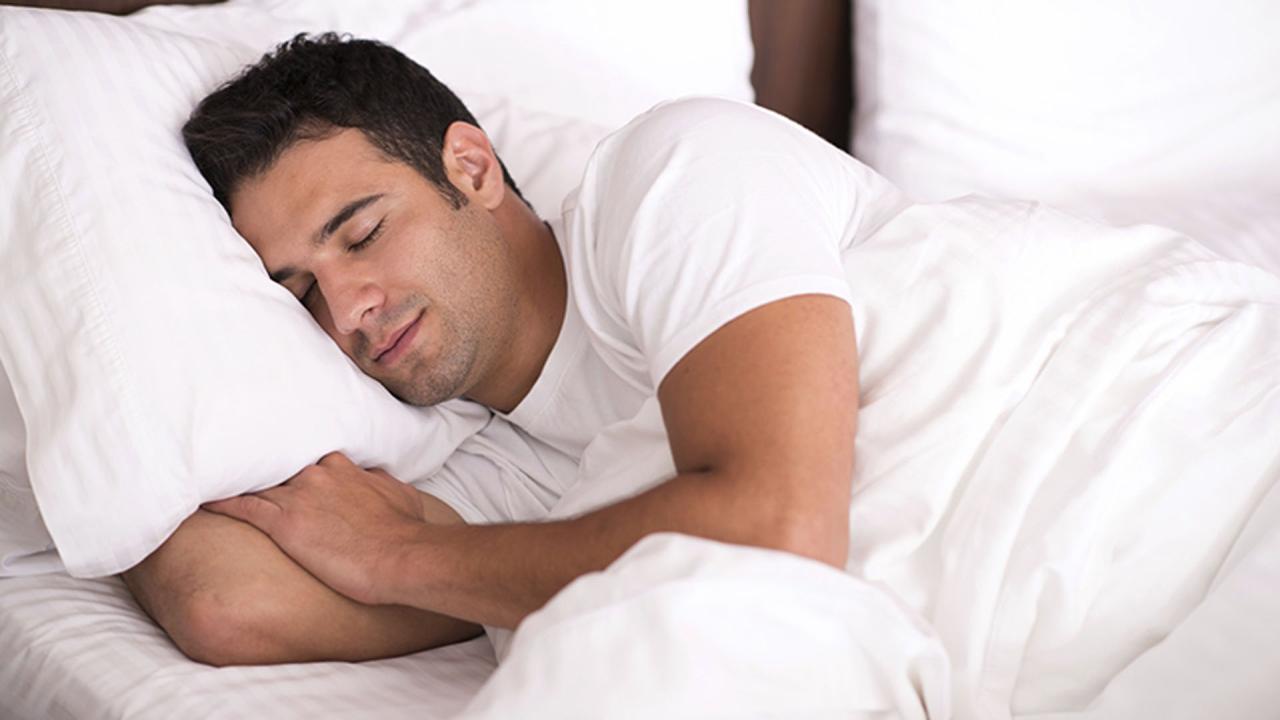
By incorporating these must-dos into your routine, you’ll be well on your way to experiencing the transformative power of a good night’s sleep. Remember, consistency is key, so be patient and persistent in your efforts. As you prioritize your sleep, you’ll notice a positive shift in your overall well-being, leaving you feeling more energized, focused, and ready to embrace each day with renewed vigor.
Getting a good night’s sleep is essential for overall health and well-being. One way to support a restful night is by fueling your body with nutritious meals, like these hearty burgers with up to 38 grams of protein.
A balanced diet, combined with a consistent sleep schedule and a relaxing bedtime routine, will help you wake up feeling refreshed and ready to take on the day.
Getting your best sleep ever is a game-changer, especially when it comes to your fitness journey. A good night’s rest helps your body recover and rebuild muscle, which is crucial for achieving those training goals. It also plays a big role in regulating your hormones, which directly impact your performance.
To learn more about the intricate connection between hormones and training performance, check out this article: the connection between hormones and training performance. So, if you want to crush your workouts, prioritize sleep!
Getting your best sleep ever is all about creating a relaxing routine. Dim the lights, take a warm bath, and maybe even read a book before bed. But don’t forget about the importance of physical activity! To keep your body and mind working in sync, check out these 6 ways to avoid workout plateaus and consistently progress to keep your fitness routine exciting.
Once you’re feeling energized and refreshed, you’ll be ready to drift off to sleep with a smile on your face.

